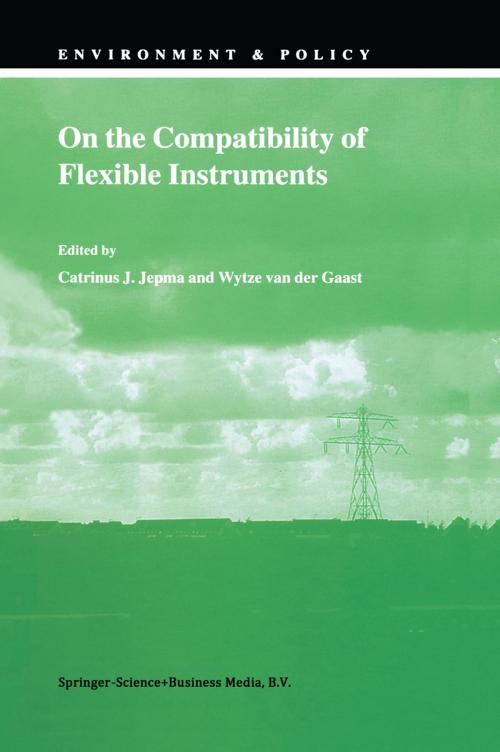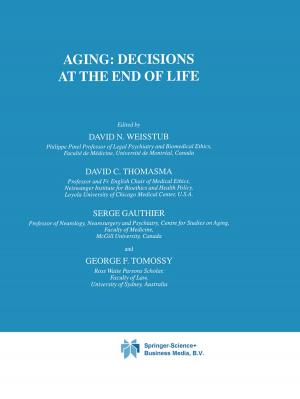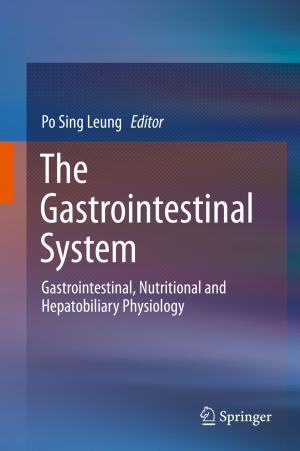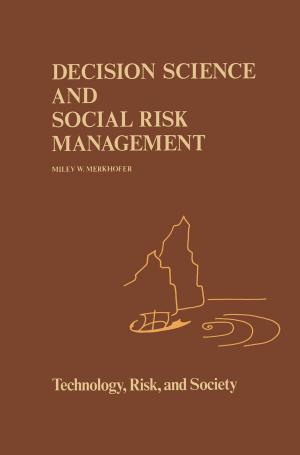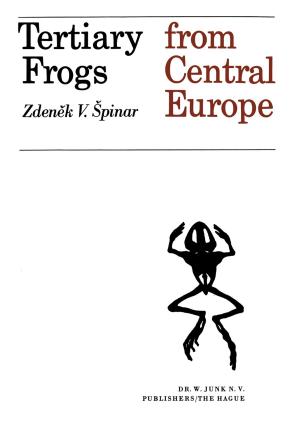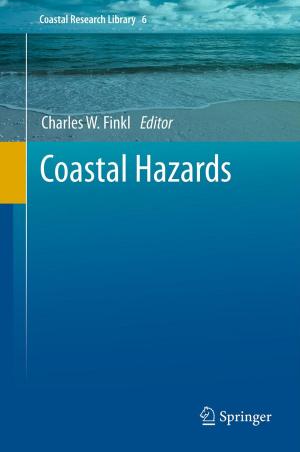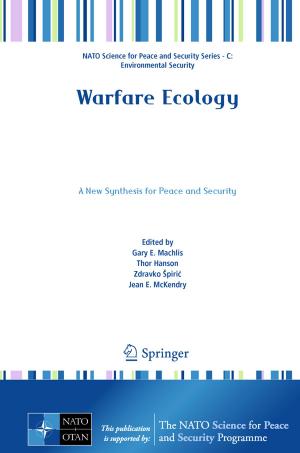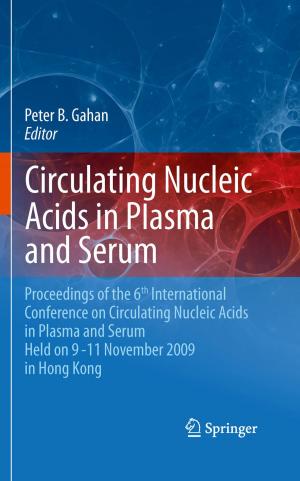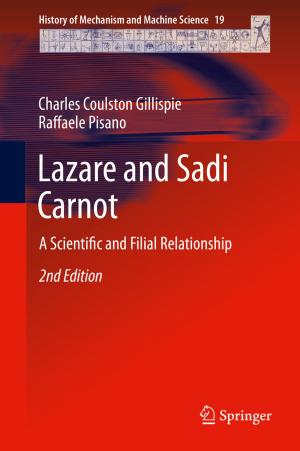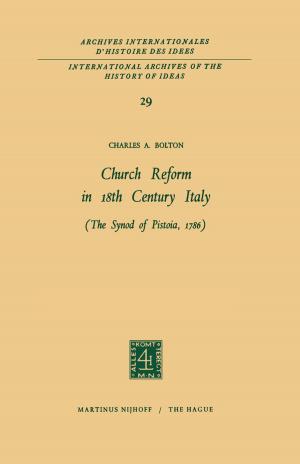On the Compatibility of Flexible Instruments
Nonfiction, Reference & Language, Law, Environmental, Business & Finance, Industries & Professions, Industries, Social & Cultural Studies, Political Science| Author: | ISBN: | 9789401146876 | |
| Publisher: | Springer Netherlands | Publication: | December 6, 2012 |
| Imprint: | Springer | Language: | English |
| Author: | |
| ISBN: | 9789401146876 |
| Publisher: | Springer Netherlands |
| Publication: | December 6, 2012 |
| Imprint: | Springer |
| Language: | English |
This volume is on the flexibility mechanisms of the Kyoto Protocol and summarises the main fmdings of a two day workshop on 'Dealing with Carbon Credits after Kyoto', organised by ETC and the JIN foundation (both from the Netherlands) in Callantsoog, the Netherlands, on 28-29 May 1998. The workshop was one of the fIrst meetings held on the flexibility mechanisms after the Kyoto Protocol had been accepted at the Third Conference of the Parties (CoP3) in Kyoto, Japan, in December 1997. During the workshop it became clear that during the stage of translating the Protocol provisions on the flexibility mechanisms (notably Articles 6, 12 and 17) into concrete action, there are still many questions on how to interpret the scope and meaning of the Protocol text precisely. Indeed, various issues need to be elaborated on before a full assessment of the future practical work - the start of CDM and JI projects and possibly international emissions trading - can be made. Several issues were addressed at the workshop: e. g. how and via which procedures to determine the net abatement of particular CDMIJI projects; who is liable for non compliance in international emissions trading; is there a need for credit sharing formulae; can incentives be provided for early action, etc.
This volume is on the flexibility mechanisms of the Kyoto Protocol and summarises the main fmdings of a two day workshop on 'Dealing with Carbon Credits after Kyoto', organised by ETC and the JIN foundation (both from the Netherlands) in Callantsoog, the Netherlands, on 28-29 May 1998. The workshop was one of the fIrst meetings held on the flexibility mechanisms after the Kyoto Protocol had been accepted at the Third Conference of the Parties (CoP3) in Kyoto, Japan, in December 1997. During the workshop it became clear that during the stage of translating the Protocol provisions on the flexibility mechanisms (notably Articles 6, 12 and 17) into concrete action, there are still many questions on how to interpret the scope and meaning of the Protocol text precisely. Indeed, various issues need to be elaborated on before a full assessment of the future practical work - the start of CDM and JI projects and possibly international emissions trading - can be made. Several issues were addressed at the workshop: e. g. how and via which procedures to determine the net abatement of particular CDMIJI projects; who is liable for non compliance in international emissions trading; is there a need for credit sharing formulae; can incentives be provided for early action, etc.
